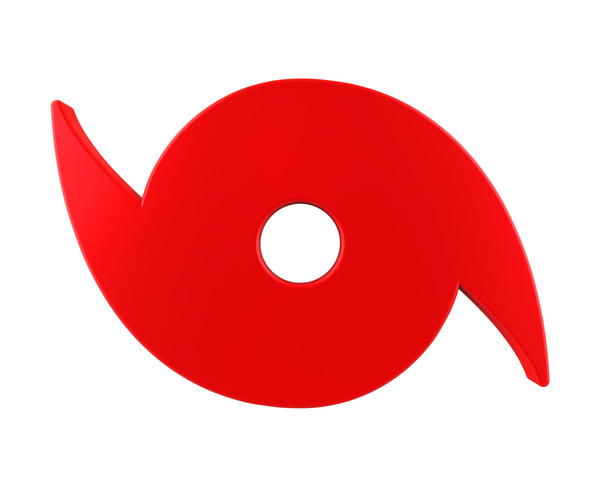If I could magically make all hurricanes, cyclones, tropical storms, tsunamis disappear, I would do so instantly, and I am sure I’m not the only one. With an onslaught of activity pre-season and during season, I am feeling a bit frazzled to be honest.
Last night as Hurricane Michael battered the very city where my father and all of my sisters and most of my nieces and nephews reside as well as many relatives, I felt anxiety get its grip on me. Having been in touch with my father via FaceTime until the lights went out literally, I quickly gave into the dreaded anxiety.
But instead of remembering that it all starts with a menacing thought, I just kept on thinking and second guessing whether my family would be safe or not, whether Albany, Georgia, would even be a city by morning. Thankfully I only focused on one city, though you might say this was selfish thinking, when so many lives were and still are at risk. But let’s face it, I am only human, and it was this focus that kept me from a complete melt down. Imagine if I had thought the Florida panhandle, Southwest Georgia and so on would be totally ruined, how my night might have gone. It could have been worse.
Make no mistake about it, it was bad. After a bit of frustration with the delayed progress of CNN and The National Weather Channel, I happened upon the local television station—WALB. Viola! At last I received consistent communications and interestingly my thoughts begin to calm down. It was in this instance that I, from the outside, could see how bad the storm, if you will, actually was and could then send my family, who are held up in secure areas of their houses, text messages telling them that though the Hurricane was still dangerous, it had gone from category four to three and then to two.
And when I got a few pings back, I had a big sigh of relief but not quite big enough. But it was enough relief to access my power tools for abating anxiety, which was well on its way to panic. The first tool for me happens to be prayer and it works a jewel but to be able to pray peacefully and mindfully, I have to do a bit of practical preparation, which leads to the second tool—shutting down my devices. How very practical.
You might remember in Your Online Wellbeing Inside Out that guest Nicola Morgan suggests signing off at least one hour and thirty minutes before going to bed even in the best times. And here I was in the worst of time, glued to WALB on my iPad. It was nearly 2 a.m.
So, I sent the last text to Daddy and sibs and off the devices went but admittedly, I did stash them nearby instead of in another room as advised. Then I commenced to prepare my mind. In our latest podcast, Rising Above Odds, Hannilee Fish talks about the importance of mindfulness, staying in the moment. So tactfully and gently I reminded myself that I was in London, England, in my bed and not in Albany, Ga, and none of these horrible things that I feared had actually happened.
And only then did I remember a hot tip from Eleanor Segall, our guest, from our second podcast, On Undiagnosed Mental Illness—talk to someone, don’t keep the stress bottled up. I looked over at Paul, who seemed asleep and decided against talking to him, so I talked to God. Good idea and found myself being grateful for the strength to support my family during a stormy time and the actual mental and physical capacity to take care of myself. Off to sleep I went if only for a couple of hours.
As I reflect upon the episodic night, I am so grateful to the women of UIO for sharing their experiences, the good and the bad. What a wonderful tool box to go to in the time of need. So glad I had it not only at my finger-tips but in my thoughts, too.
And the biggest lesson I learned had to do with managing me when I had no control of managing Hurricane Michael, precisely the tip from Cat Williams, guest of our next podcast coming up in late October, On Dating Inside Out. Author of Stay Calm and Content No Matter What Life Throws At You, Cat knows a thing or two about keeping cool in the eye of a storm, okay so I wasn’t in the eye, but it sure felt like it. Stay tuned!




